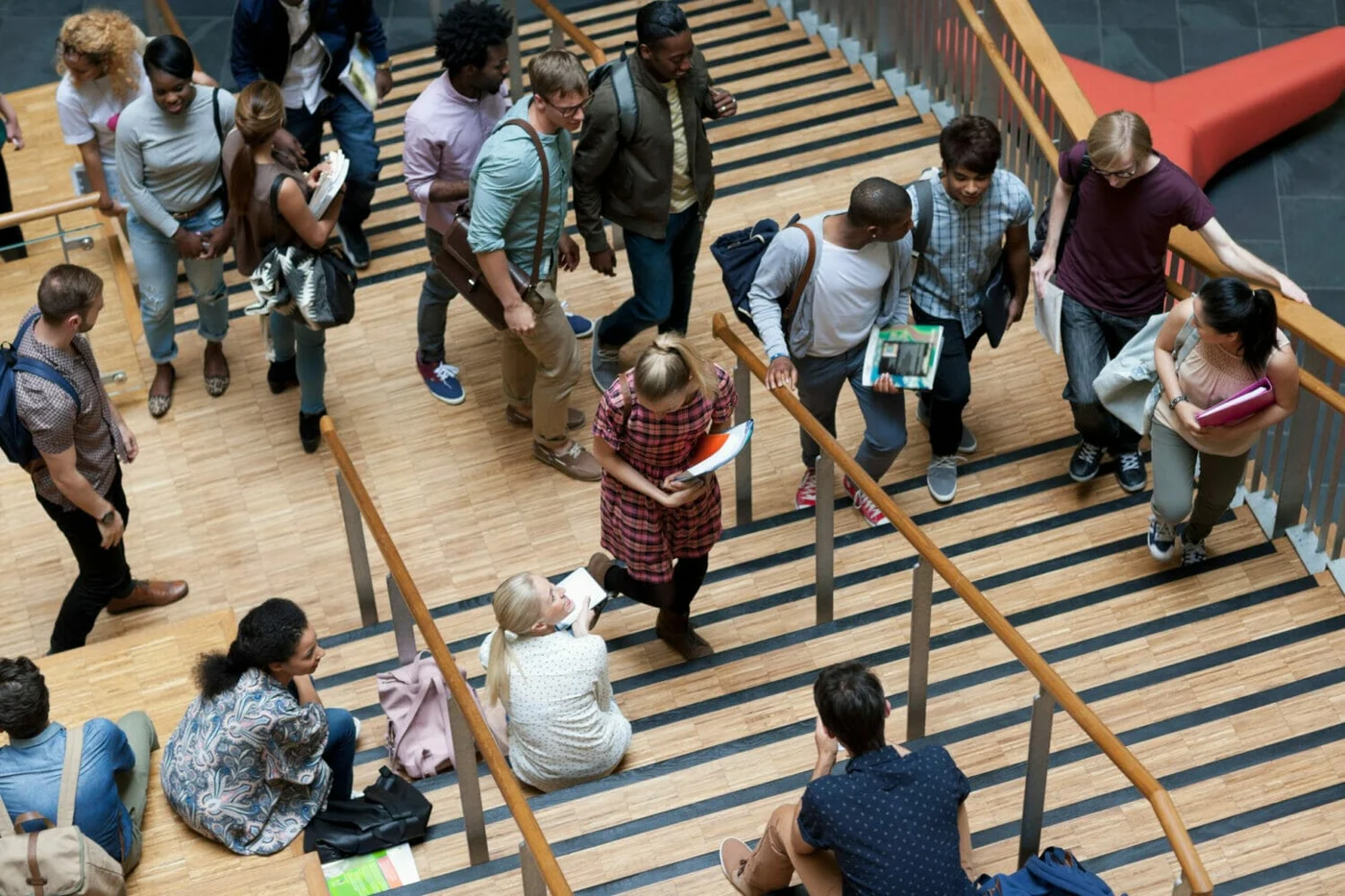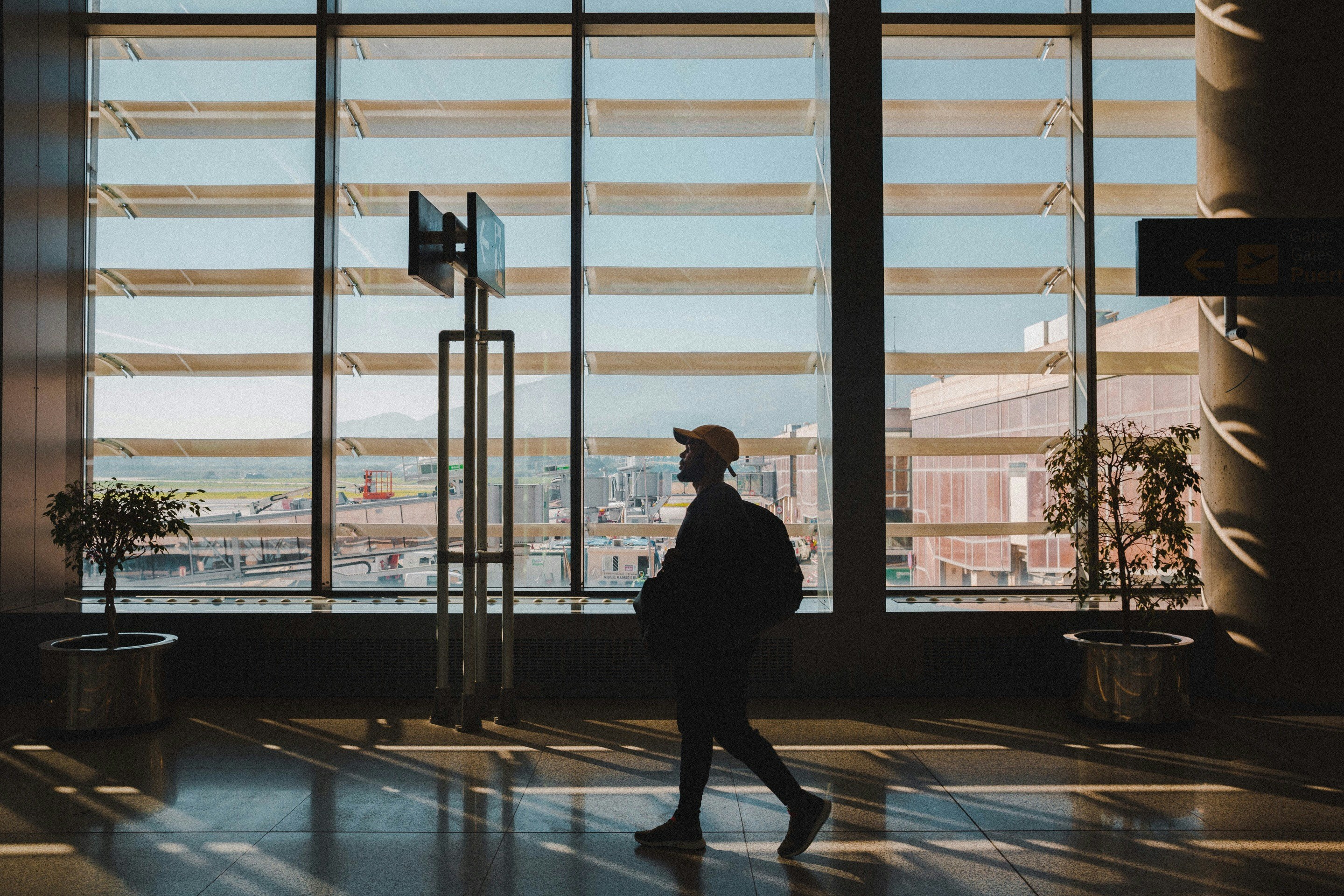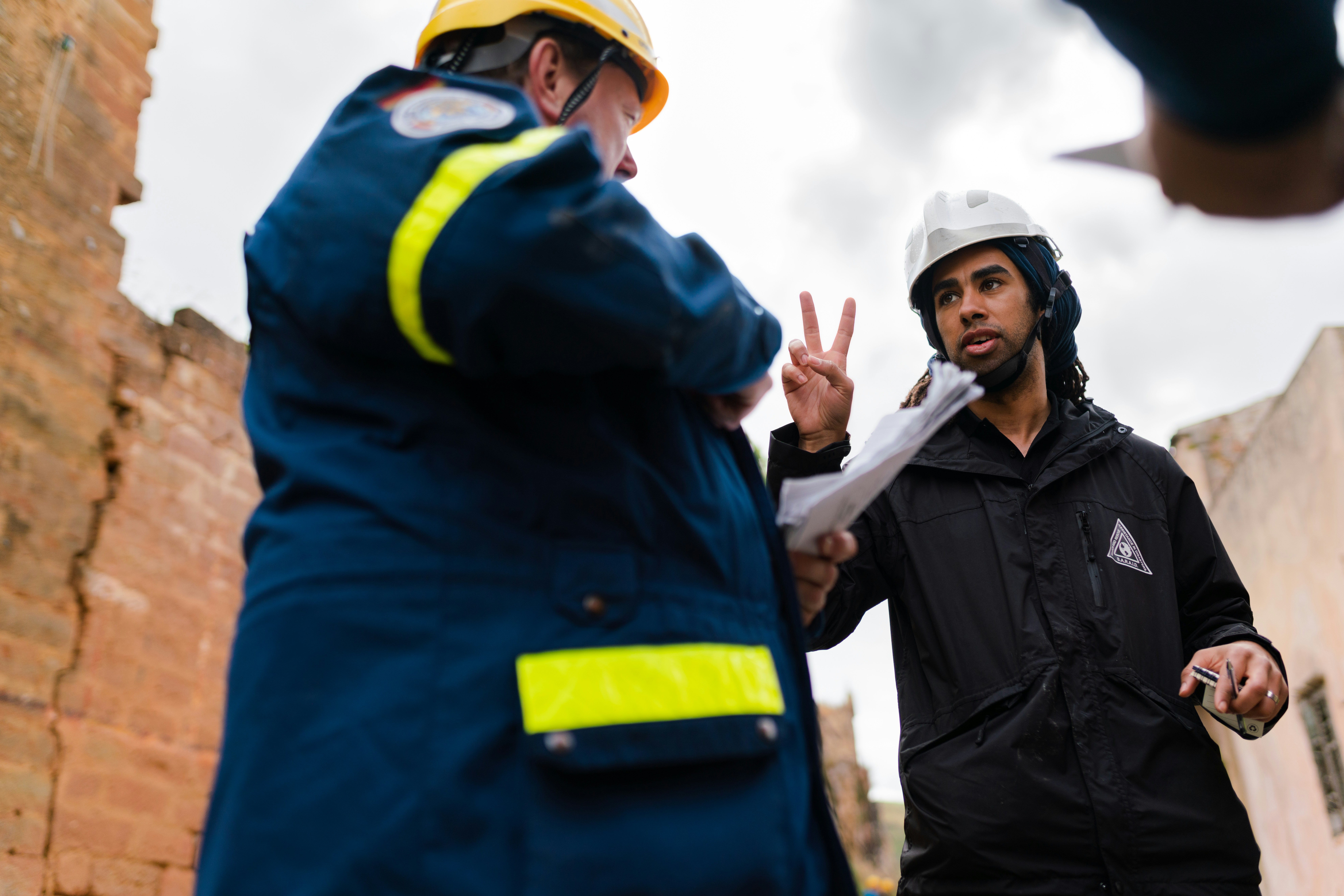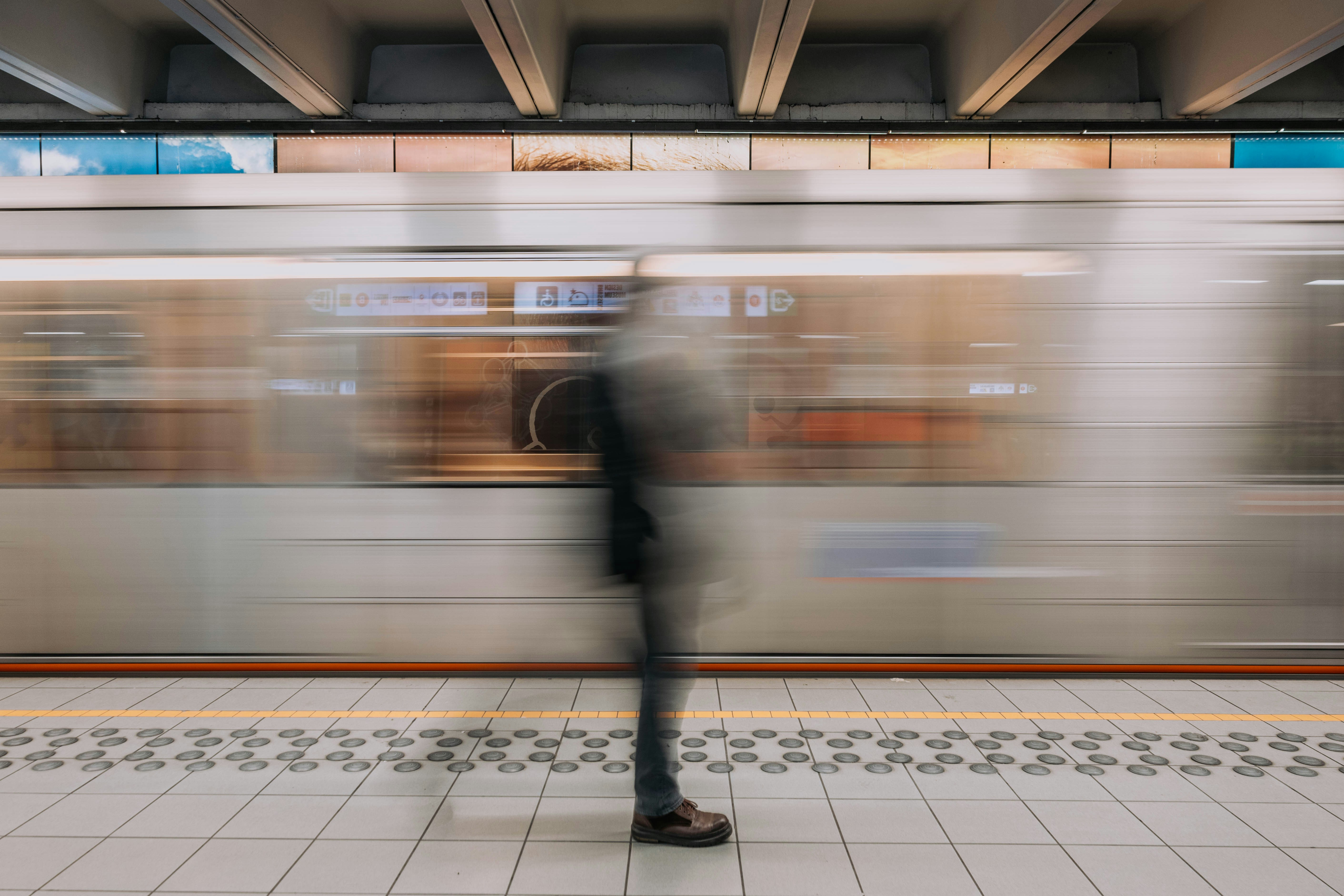U.S. Student Visas, Explained

.svg)
What is the F-1 Visa?
For millions of international students, the United States offers world-class academic opportunities and access to diverse cultural experiences. But before you can study in the U.S., you’ll need to determine which student visa best fits your educational goals.
In this guide, we’ll explain the three main types of U.S. student visas — F-1, J-1, and M-1 — and help you understand how they work, who qualifies, and what the application process looks like.
What is a U.S. Student Visa?
A U.S. student visa is a temporary (nonimmigrant) visa that allows international students to live and study in the United States. The type of visa you need depends on your program of study, school type, and whether your visit is part of an official exchange program.
Types of U.S. Student Visas
There are three primary student visa categories:
- F visa for academic studies at universities or language programs
- J visa for exchange programs, internships, or cultural training
- M visa for vocational or non-academic studies
U.S. student visa requirements vary by visa type and academic program. Choosing between the F-1, J-1, or M-1 depends on whether you’re pursuing academic, cultural exchange, or vocational training.
F-1 Student Visa
Who it’s for: Students enrolled in an accredited academic program, including college, university, high school, seminary, or language training programs.
Work eligibility: Limited to on-campus jobs during the first year; off-campus work like Optional Practical Training (OPT) and Curricular Practical Training (CPT) may be available after that.
Requirements:
- Acceptance into a Student Exchange and Visitor Program (SEVP)-certified institution
- Form I-20 from the school
- Proof of sufficient financial support
- English language proficiency or enrollment in language courses
- Intent to return to your home country after your program ends
Learn more in our F-1 Visa guide.
J-1 Student Visa
Who it’s for: Students and professionals participating in cultural exchange programs, including high school exchanges, research, internships, and au pair work.
Work eligibility: Allowed only as part of your program or with specific authorization.
Requirements:
- Sponsorship by a U.S. State Department-designated sponsor
- Form DS-2019 issued by the sponsor
- Adequate financial support and English proficiency
- Commitment to return home (many J-1 visa holders have a 2-year home residency requirement)
Explore the details in our J-1 Visa guide.
M-1 Student Visa
Who it’s for: Students attending vocational schools or nonacademic programs. Examples include mechanical training, technical training, cooking classes, or flight school.
Work eligibility: Work is restricted; practical training is only allowed after program completion.
Requirements:
- Acceptance into a SEVP-certified vocational institution
- Form I-20 from the school
- Financial and language proficiency documentation
Learn more in our M-1 Visa guide.
{{cta-component-center-aligned}}
How and Where to Apply for a U.S. Student Visa
The process for how to apply for a U.S. student visa is generally the same across F-1, J-1, and M-1 categories:
- Get accepted by a U.S. institution authorized under the Student and Exchange Visitor Program (SEVP)
- Pay the Student and Exchange Visitor Information System (SEVIS) fee
- Complete Form DS-160 (online application)
- Schedule a visa interview with the U.S. embassy or consulate in your country
- Gather your documents, including:
- A valid passport
- Form I-20 (F-1/M-1) or DS-2019 (J-1)
- SEVIS payment receipt
- Financial documentation
- Proof of ties to your home country
- Receive visa approval
Visa processing times vary, but it’s wise to start your application at least 3-4 months before your program begins.
Related Information
Not sure which visa is right for you?
Take our free assessment to get a customized plan.
Not sure which visa is right for you?
Take our free assessment to get a customized plan.
U.S. Student Visa FAQs
F-1 students can work on-campus and may qualify for off-campus work (CPT/OPT) after the first academic year. J-1 students can work with sponsor approval. M-1 students have limited work options, usually after completing studies and with authorization.
Yes. F-2, J-2, and M-2 visas are available for spouses and children, but work rights for dependents vary by visa type.
F-1 and M-1 students can transfer between SEVP-certified schools by following official procedures. J-1 transfers depend on sponsor and program rules.
The Student and Exchange Visitor Information System (SEVIS) is an online system that tracks and monitors schools and students in F, M, and J visa categories.
J-1 visa holders are required to have insurance. F-1 and M-1 students may have school-specific requirements.
F-1 students may be eligible to stay in the U.S. after graduation for Optional Practical Training (OPT). J-1 and M-1 students have more limited post-program options and may be subject to return-home requirements. Opportunities to adjust status after graduation may also be available.



.svg)





.svg)
.avif)